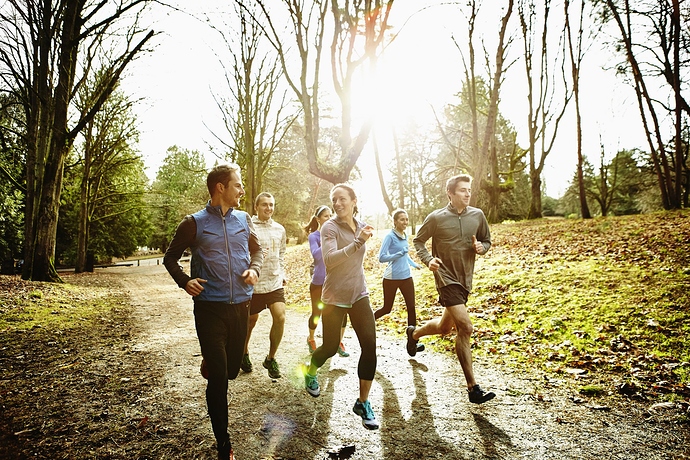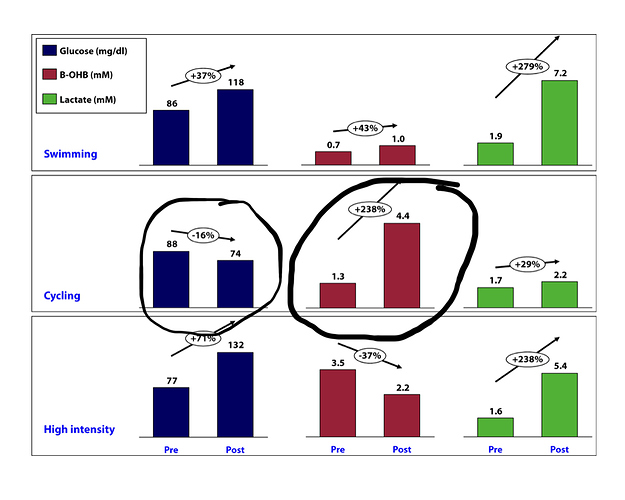I’d appreciate feedback on the situation below. I’m a 57-year old male, who used to be IR but never diabetic. I’m about 18 months into dietary ketosis (and 5 years GF before that), have lost about 30 pounds and am approximately 16% BF based on a recent “bod pod” test. My lipids now are ideal (with HDL > Trigs), and I’m rarely really hungry, so I couldn’t recommend this approach more highly for those similarly situated. The last 6 months have been full-carnivore, eating meat, eggs, a few spices, coffee and tea. No dairy, veggies, fruits or sweeteners of any kind. I typically don’t eat between 8 PM and noon the next day, so 16:8 IF. I test blood sugar and ketones once per week on Mondays between 10 and 11 AM, and like clockwork since I’ve been carnivore, I’m in a narrow range around 80 and 1.1, respectively. I’m on vacation now, but eating almost identically to home (so I don’t think that’s relevant).
I usually do stretching and slow-rep resistance exercise for a total of 20 minutes early each morning and some moderate cardio on the weekend plus a couple of short dog walks/day. But this morning I walked briskly (4 mph) for 3 miles and then drove to the gym and did stretching and then a pretty heavy “pull” and legs workout to failure (maybe 40 minutes) and a bit of Concept II rowing finishing up at 10:30. I had no issues doing this exercise while fasted. (Sorry about all the detail, but I am having trouble processing this N=1 result.) I drove home and tested my blood and my ketones didn’t register at all (“lo”) and my blood sugar was 95, which is the highest they’ve tested in almost 6 months. So, did I burn all my ketones and stimulate gluconeogenesis during exercise? I would have retested and assumed a defective test-strip, but since the glucose was abnormal too, I concluded they were both accurate. I hadn’t eaten since 730 PM last night, when I had ground beef, a few unbreaded/plain-ish chicken wings and a couple of eggs between 630 and 730 PM.
So, what happened to my blood test? Many thanks for reading and pondering with me.
Happy Holidays.
Josh





